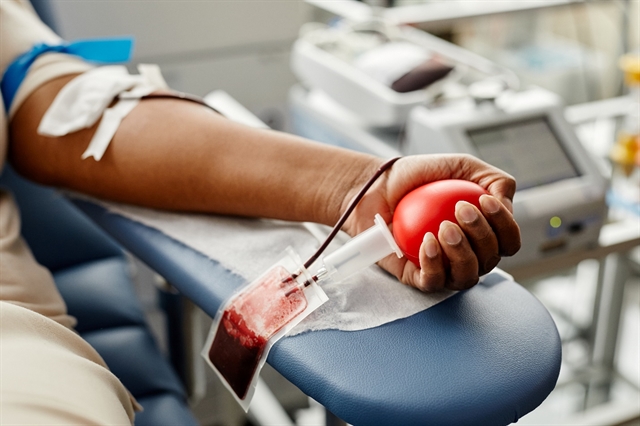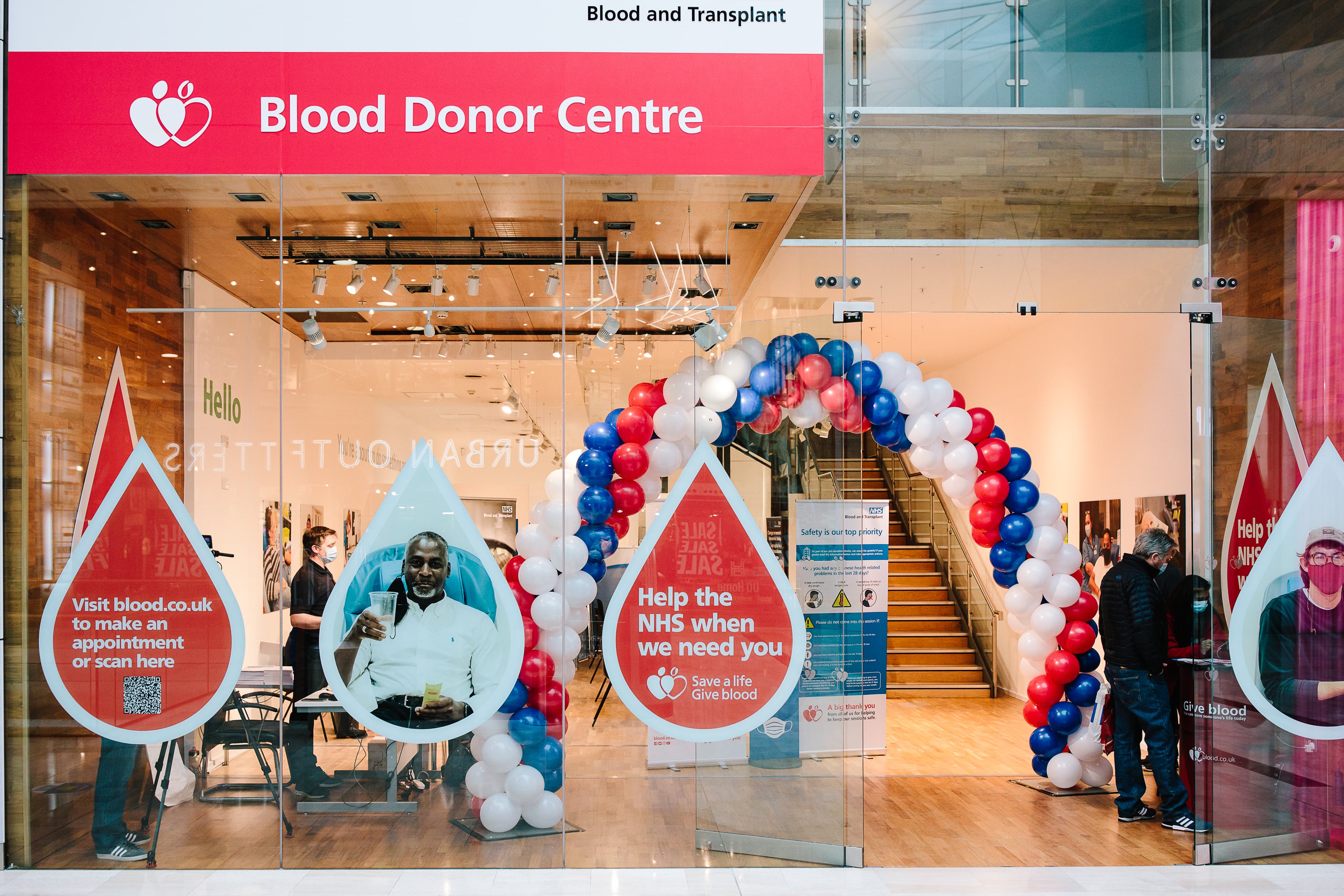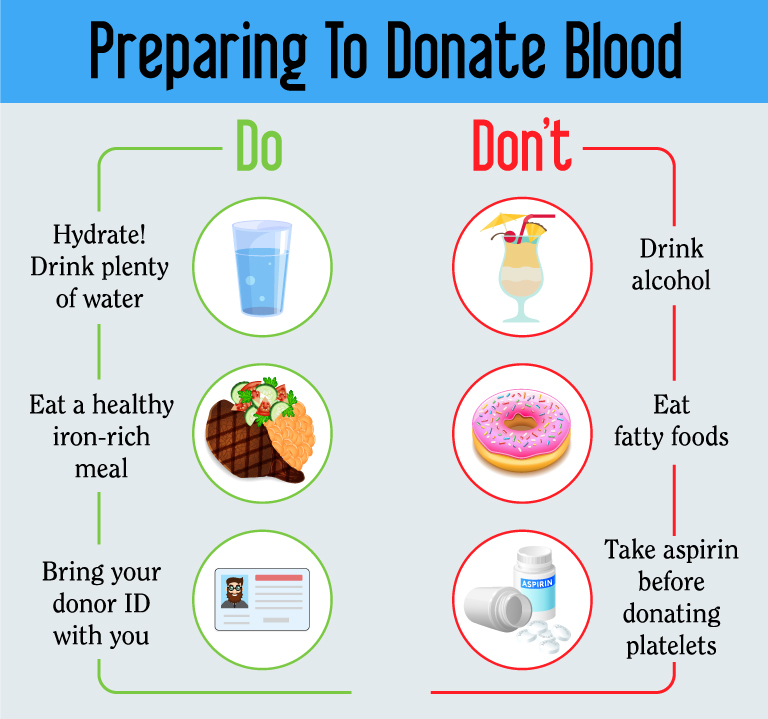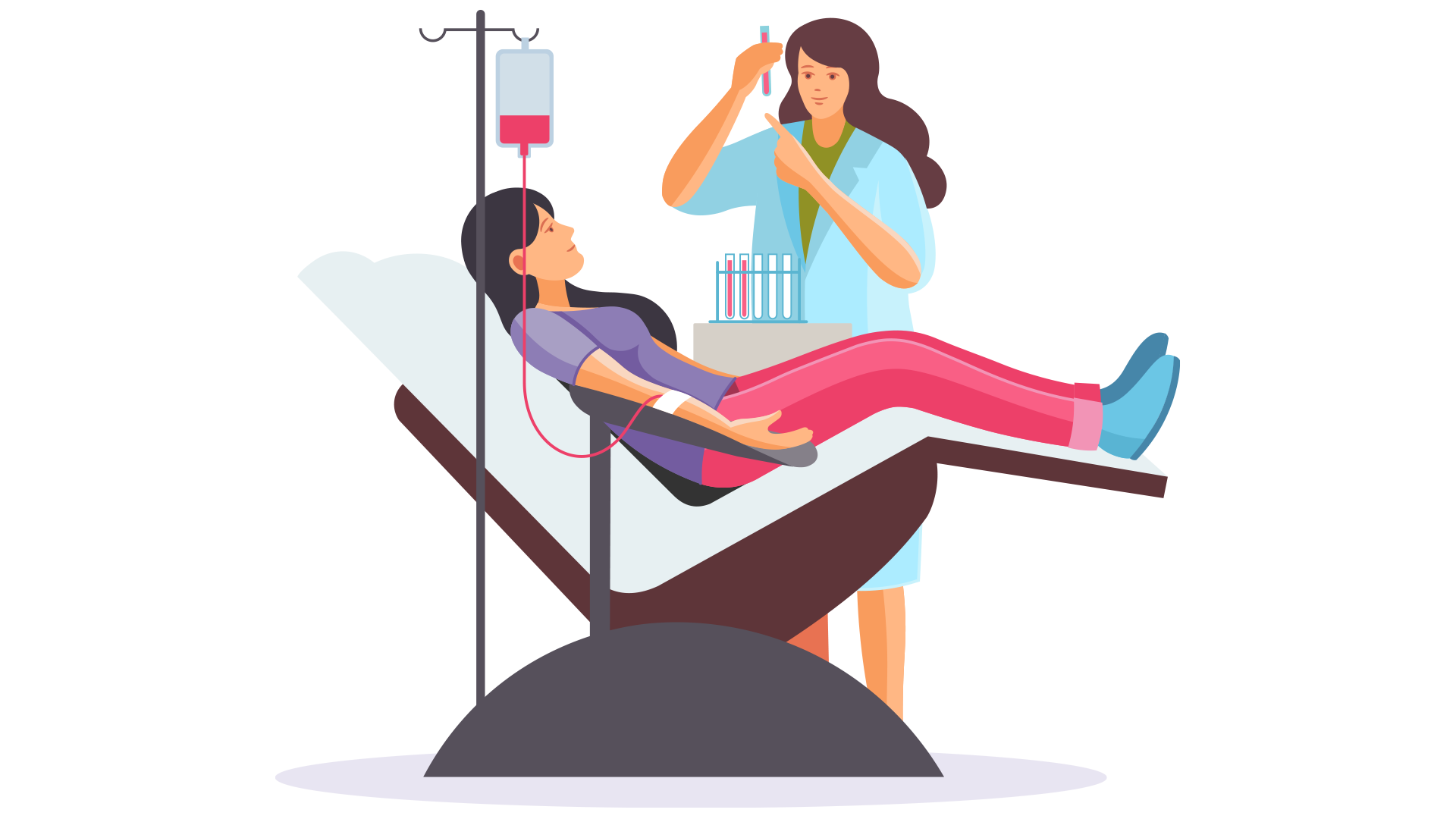The Gift of Life: Observing National Blood Donor Month
January is National Blood Donor Month, a crucial time to recognize the lifesaving impact of blood donation and encourage individuals to contribute to this noble cause. Blood donations are essential for treating patients in need, including those undergoing surgery, battling cancer, or experiencing trauma. This month serves as a powerful reminder of the importance of blood donation and the role that each of us can play in ensuring a steady supply of this vital resource.
The Importance of Blood Donation
 Blood donation is an act of kindness that can save lives. Every year, millions of people rely on donated blood for various medical treatments. Here are some key reasons why blood donation is so vital:
Blood donation is an act of kindness that can save lives. Every year, millions of people rely on donated blood for various medical treatments. Here are some key reasons why blood donation is so vital:
Emergency Situations:
Blood is often needed in emergencies, such as car accidents, natural disasters, or medical crises. An adequate supply of blood can be the difference between life and death for patients requiring immediate care.
Surgical Procedures:
Many surgical procedures, including organ transplants, heart surgeries, and major trauma repairs, require blood transfusions. Donated blood helps ensure that hospitals have the supplies needed to perform these life-saving surgeries.
Cancer Treatment:
Cancer patients frequently need blood transfusions due to the effects of chemotherapy, which can lower blood cell counts. Blood donations provide essential support for these patients during their treatment journey.
Chronic Illness Management:
Individuals with chronic illnesses, such as sickle cell disease or thalassemia, often require regular blood transfusions. Consistent donations are crucial for managing their conditions and maintaining their quality of life.
The Need for Blood Donations
/cloudfront-us-east-1.images.arcpublishing.com/gray/MWAN45MP65CJ7H3OR7U5JIAF34.png) Despite the critical need for blood, donations often decline during certain times of the year, particularly during holidays and winter months. This decrease can lead to blood shortages, putting lives at risk. Here are some statistics that highlight the need for blood donations:
Despite the critical need for blood, donations often decline during certain times of the year, particularly during holidays and winter months. This decrease can lead to blood shortages, putting lives at risk. Here are some statistics that highlight the need for blood donations:
- Every two seconds, someone in the United States needs blood.
- One donation can save up to three lives.
- Approximately 38% of the U.S. population is eligible to donate blood, but less than 10% do so annually.
How to Donate Blood
If you’re considering making a difference by donating blood, the process is straightforward and safe. Here’s how you can get involved:
Check Your Eligibility:
Most healthy adults aged 17 and older can donate blood. However, specific eligibility criteria may vary by organization, so it’s essential to check with your local blood donation center.
Find a Donation Center:
Locate a nearby blood donation center or blood drive. Many organizations, such as the American Red Cross, host regular blood drives in communities, schools, and workplaces.
Schedule an Appointment:
While walk-ins are often welcome, scheduling an appointment can help minimize wait times and ensure that staff members are prepared for your visit.
Prepare for Your Donation:
On the day of your donation, ensure you’re well-hydrated and have eaten a healthy meal. This preparation can help make the donation process smoother and more comfortable.
The Donation Process:
The actual donation typically takes about 10-15 minutes. A trained phlebotomist will insert a sterile needle into your arm to collect blood, which is then stored in a sterile bag. After donating, you’ll be monitored for a short period to ensure your well-being.
The Impact of Your Donation
 Every donation has the power to save lives. Whether you donate once or become a regular donor, your contributions make a significant difference in your community. Blood centers rely on the generosity of donors to maintain adequate supplies. Here are some ways your donation impacts lives:
Every donation has the power to save lives. Whether you donate once or become a regular donor, your contributions make a significant difference in your community. Blood centers rely on the generosity of donors to maintain adequate supplies. Here are some ways your donation impacts lives:
- Immediate Aid: Your blood can provide immediate relief to trauma victims or patients undergoing surgery.
- Long-Term Support: Regular donations help maintain a steady supply for individuals with chronic conditions, ensuring they receive the care they need.
- Community Solidarity: Donating blood fosters a sense of community and shared responsibility, as individuals come together to support those in need.
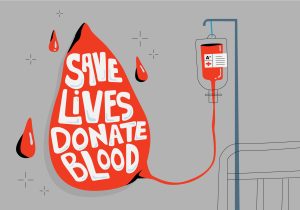 National Blood Donor Month serves as an essential reminder of the lifesaving power of blood donation. By encouraging individuals to donate, we can help ensure that hospitals have the necessary supplies to treat patients effectively. Let’s come together as a community to support this vital cause and encourage others to join us in making a difference.
National Blood Donor Month serves as an essential reminder of the lifesaving power of blood donation. By encouraging individuals to donate, we can help ensure that hospitals have the necessary supplies to treat patients effectively. Let’s come together as a community to support this vital cause and encourage others to join us in making a difference.
We want to hear from you! Have you ever donated blood? What motivated you to take that step? Share your experiences and thoughts in the comments below!

